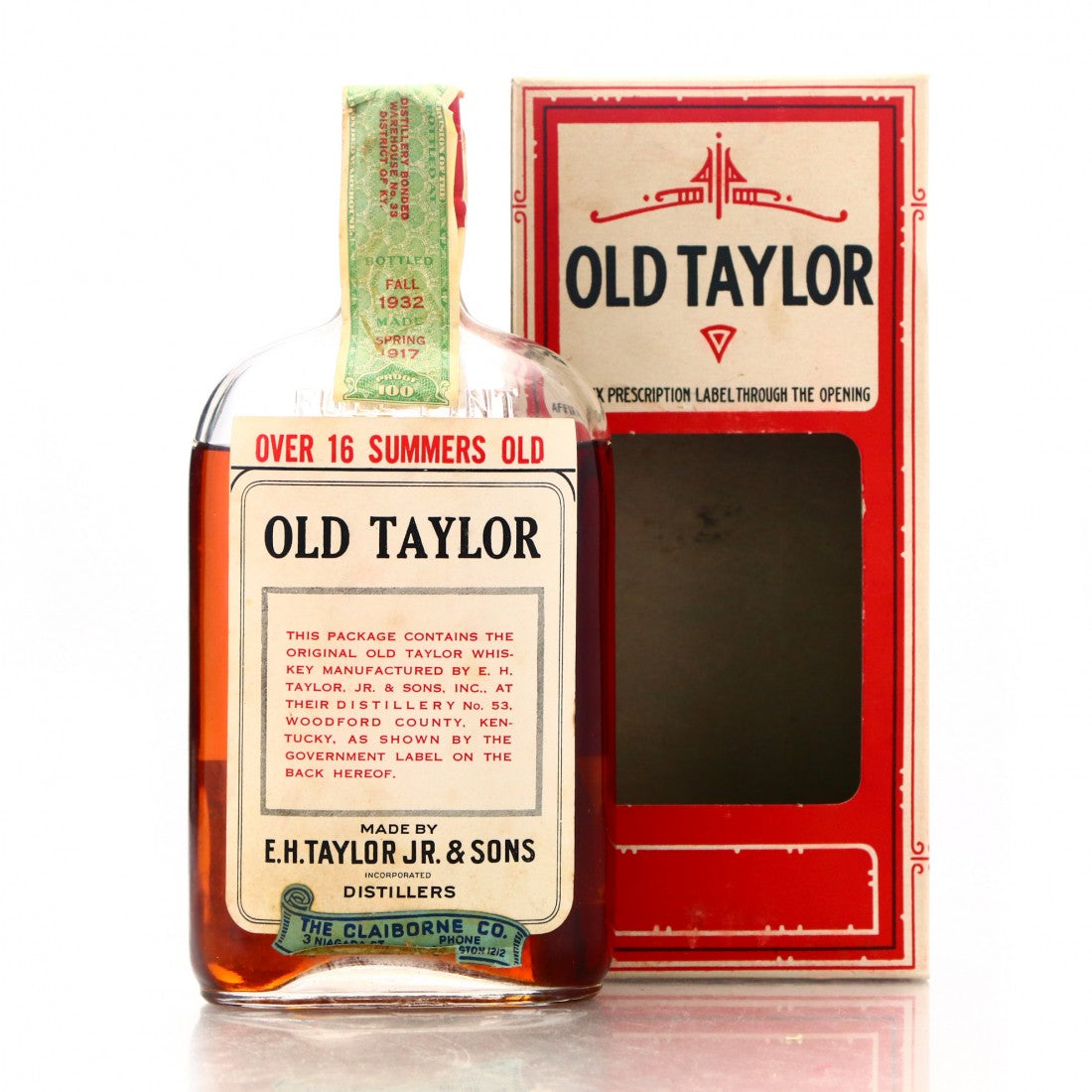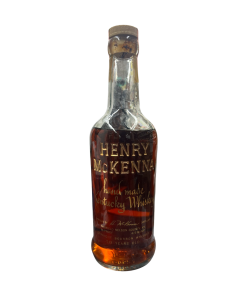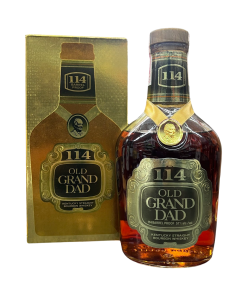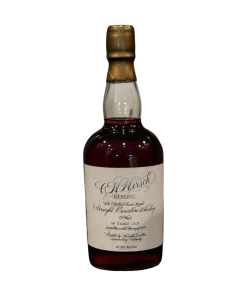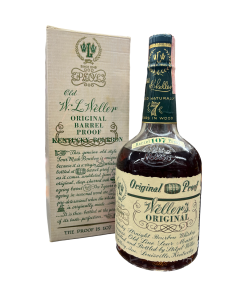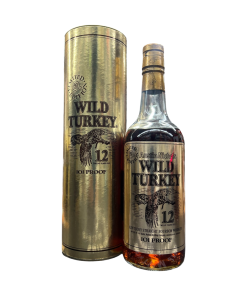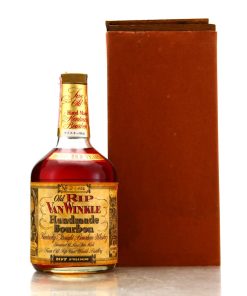1917 Old Taylor Bottled in Bond 16 Year Old Prohibition Era Bottling Pint 750ml Old Taylor
$ 13.999,95 $ 3.499,99
Old Taylor 1917 Bottled in Bond 16 Year Old Pint / Prohibition Era Bottling
Edmund Haynes Taylor Jr is considered one of the true bourbon pioneers. Born in 1830, he was orphaned at the age of five and was adopted by his uncle, Edmund Haynes Taylor Snr, who rechristened him as his junior. E.H. Taylor Jr is also referred to as Colonel Taylor due to his holding of the honourary title of Kentucky Colonel, something he shares with a number of state’s distinguished sons, most notably a certain fried chicken vendor. Throughout his career, Taylor set up and owned seven different distilleries, and his lobbying for the Bottled in Bond Act of 1897 has seen him considered as “the father of modern bourbon.” Ten years earlier, having sold his stake in the OFC distillery (now Buffalo Trace), to George T. Stagg, he set up the Old Taylor distillery near Frankfort in Kentucky. The distillery featured a faux-Castle and sunken gardens on-site, and was the birthplace of bourbon tourism. Here he established the Old Taylor brand, which following Prohibition passed into the hands of National Distillers, one of the “big four” distilling company’s who dominated the post-repeal market. The distillery itself closed in 1972, but production was moved to the neighbouring Old Grand-dad site until National Distillers were acquired by Jim Beam in 1987, who converted it into a warehousing and bottling facility. Beam marketed the brand alongside the other “Olds” from the National Distiller portfolio (Old Crow and Old Grand-dad) until 2009 when the Sazerac Company acquired it, returning Taylor’s name to his early spiritual home at Buffalo Trace.
This was distilled at the Old Taylor Castle distillery in Frankfort in 1917. It closed the following year due to the Lever Food & Fuel Act and did not re-open until acquired by the American Medicinal Spirits Company in 1927. They bottled this during Prohibition in 1932 using their medicinal license.
The American Medicinal Spirits Company was one of only six distilling companies to survive Prohibition of the 434 that existed prior. Exploiting the medicinal loophole was the brainchild of Otto Wathen, then president of his father’s R.E. Wathen distillery and it was an idea that continues to prove its value today in the persisting image of his still ever-popular portfolio, which included the bourbon classic, Old Grand-dad. The AMS Co was eventually taken over by National Distillers who reorganised it in 1927, incorporating their Kentucky Distilleries & Warehouse Co, R.E. Wathen & Co, Hill & Hill, and E.H. Taylor & Sons.
Fast Shipping & Professional Packing
We offer a broad range of shipping options owing to our long-running partnerships with UPS, FedEx and DHL. Our warehouse personnel are highly skilled and will pack your goods in accordance to our precise and precise specifications. Before they are shipped the goods are thoroughly examined and secured. We ship to thousands clients every day from all over the world. This shows our commitment to becoming the biggest retailer online in the world. Warehouses and distribution centres can be located throughout Europe as well as in the USA.
Note: Orders that contain more than one item will be assigned a distinct processing period for each item.
Before shipping We will examine thoroughly the items you have ordered. The majority of orders will be delivered within 48 hours. The estimated delivery time is between 3 and 7 days.
Returns
We don't manage the stock in our warehouse and factory. The actual stock levels can fluctuate at any moment. Be aware that it is possible that your order will be out of stock after you've placed your order.
Our policy is valid for 30 days. If you have passed 30 days by since your purchase however, we're unable to give an exchange or refund.
Your item must be in the original packaging and be unused. The item must be in the original packaging.
Related products
Bourbon
1963 Henry McKenna 6 Year Old Handmade Kentucky Straight Bourbon Whiskey 750ml Henry McKenna
Bourbon
1988 Old Rip Stitzel Weller 12 Year Old Kentucky Straight Bourbon Whiskey 750ml Stitzel Weller
Bourbon
1957 President’s Choice 8 Year Old Private Barrel Select Bourbon Whiskey 750ml President’s Choice
Bourbon
1989 Old Rip Van Winkle Handmade 10 Year Old Kentucky Straight Bourbon Whiskey Stitzel Weller
Bourbon
1983 Eagle Rare 10 Year Single Barrel Kentucky Straight Bourbon Whiskey Gift Pack Eagle rare
